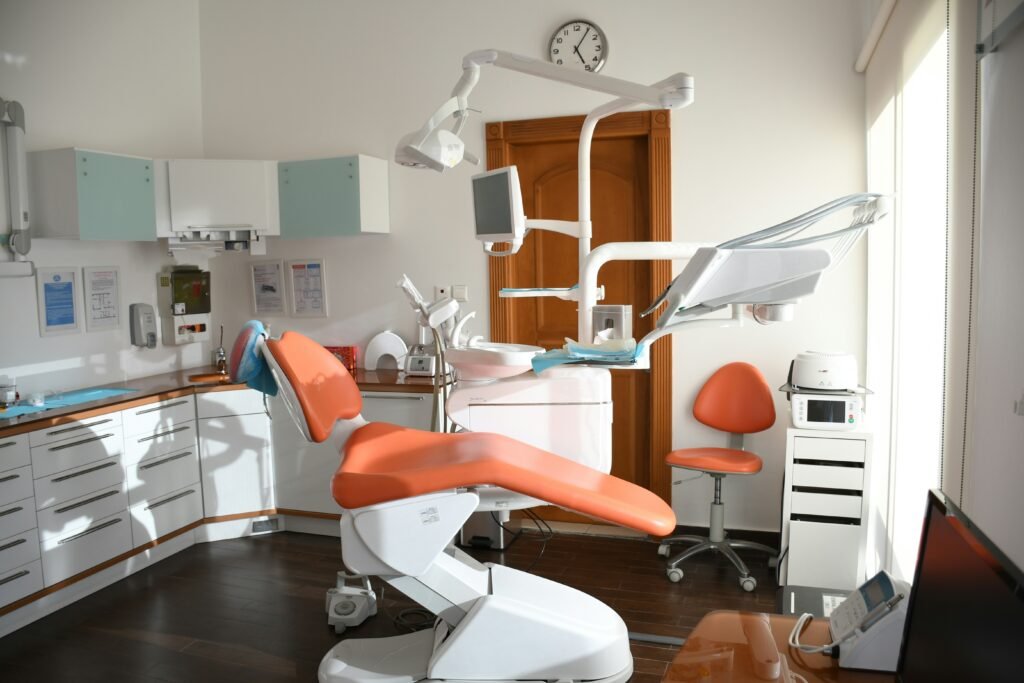The Importance of Dental Health for Seniors: Maintaining a Healthy Smile as You Age

s we age, maintaining good oral health becomes increasingly important for overall
well-being and quality of life. Seniors are more susceptible to certain dental issues, such as tooth decay, gum disease, and oral cancer, which can have significant implications for their oral health and overall health. In this blog post, we’ll discuss the unique dental challenges faced by seniors, the importance of preventive dental care, and tips for maintaining a healthy smile as you age.
Unique Dental Challenges for Seniors:
- Tooth Decay: Aging increases the risk of tooth decay due to factors such as dry
mouth, receding gums, and changes in saliva production. Cavities can develop
more easily, leading to discomfort and potential tooth loss if left untreated. - Gum Disease: Gum disease is a common oral health concern among seniors,
characterized by inflammation of the gums and potential loss of gum tissue and
bone. Advanced gum disease can lead to tooth loss and may be linked to
systemic health issues such as heart disease and diabetes. - Dry Mouth: Many seniors experience dry mouth (xerostomia) as a side effect of
medications, certain medical conditions, or aging itself. Dry mouth can increase
the risk of tooth decay and oral infections by reducing saliva production, which
plays a crucial role in rinsing away food particles and neutralizing acids in the
mouth. - Oral Cancer: The risk of oral cancer increases with age, particularly among
individuals who smoke or use tobacco products. Regular oral cancer screenings
are essential for early detection and prompt treatment, as oral cancer can be life-
threatening if not diagnosed and treated early.
Importance of Preventive Dental Care:
- Regular Dental Check-ups: Routine dental examinations and cleanings are
essential for seniors to detect and address oral health issues early, prevent tooth
decay and gum disease, and maintain overall oral health. - Professional Cleanings: Professional cleanings remove plaque, tartar, and
surface stains from the teeth and gums, reducing the risk of cavities, gum
disease, and other oral health problems. - Oral Hygiene Education: Dentists can provide valuable oral hygiene education to
seniors, including proper brushing and flossing techniques, tips for managing dry
mouth, and recommendations for oral care products. - Customized Treatment Plans: Dentists can develop customized treatment plans
tailored to the individual needs and concerns of seniors, addressing issues such
as tooth decay, gum disease, denture care, and oral cancer screening.
Tips for Maintaining a Healthy Smile:
● Brush your teeth twice a day with fluoride toothpaste and a soft-bristled
toothbrush.
● Floss daily to remove plaque and food particles from between the teeth and
along the gumline.
● Stay hydrated by drinking plenty of water throughout the day to help combat dry
mouth.
● Limit sugary and acidic foods and beverages, which can increase the risk of
tooth decay and erosion.
● Avoid smoking and tobacco use, which are significant risk factors for gum
disease and oral cancer.
Conclusion:
Maintaining good oral health is essential for seniors to enjoy a healthy smile and overall well-being as they age. By prioritizing preventive dental care, practicing good oral hygiene habits, and seeking timely treatment for any oral health issues, seniors can preserve their smiles and maintain optimal oral health for years to come. Remember, a healthy smile is a reflection of your overall health and vitality, so invest in your dental health today for a brighter, healthier tomorrow.
